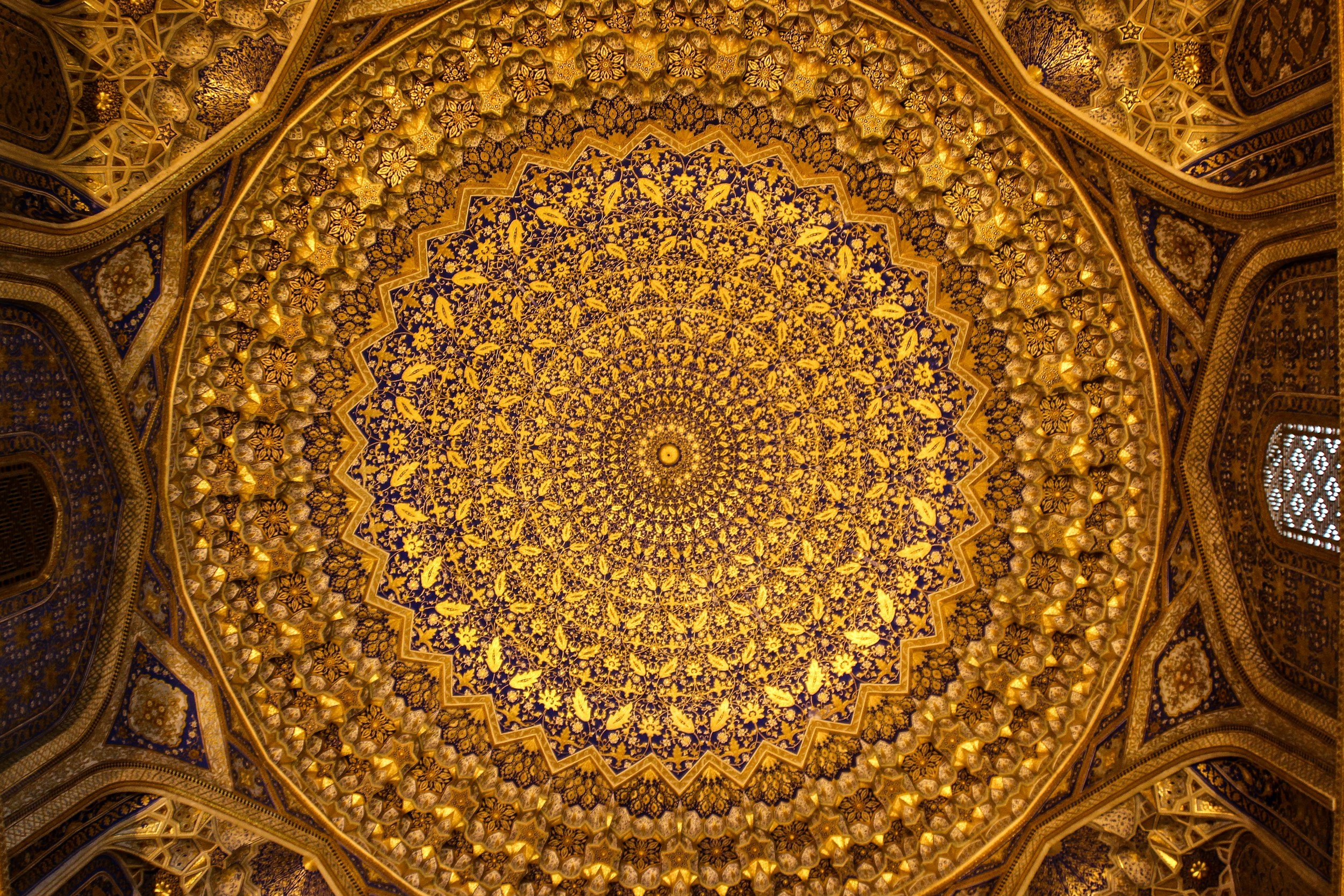A Discipline of Wholeness
I suppose it goes without saying, but we don’t really do binary oppositions in vodou, or at least not the vodou I’m learning.
The idea is that where we try to amputate something into categories, we’re both preventing it from being what it is (that is, from having all the various qualities it actually has) and we’re refusing to recognize what it is—we’re selectively and violently demanding that whatever we look at be only those things we ascribe to the binary category we put it in.
In fact, it goes a bit further: if we’re trying to categorize something, we’re refusing to recognize that the world around us is not organized into this or that.
Literally, the desire to make something be one thing or another is a blind spot. Even if we recognize that things are messier in real life, the fact that we want to make something be one thing or the other means that we are not perceiving the world around us, usually because it makes us feel icky.
Fill in your reason for that ickiness as you please. There’s lots of things you could cite.
Vodou is, as I am learning it, a discipline of wholeness. There’s a whole mess of learning that goes into the ability to refuse to see things as a binary, and certainly more than I could possibly write here, but whatever else you might think of vodou, just know that it is fundamentally about the wholeness of things (and people.)
